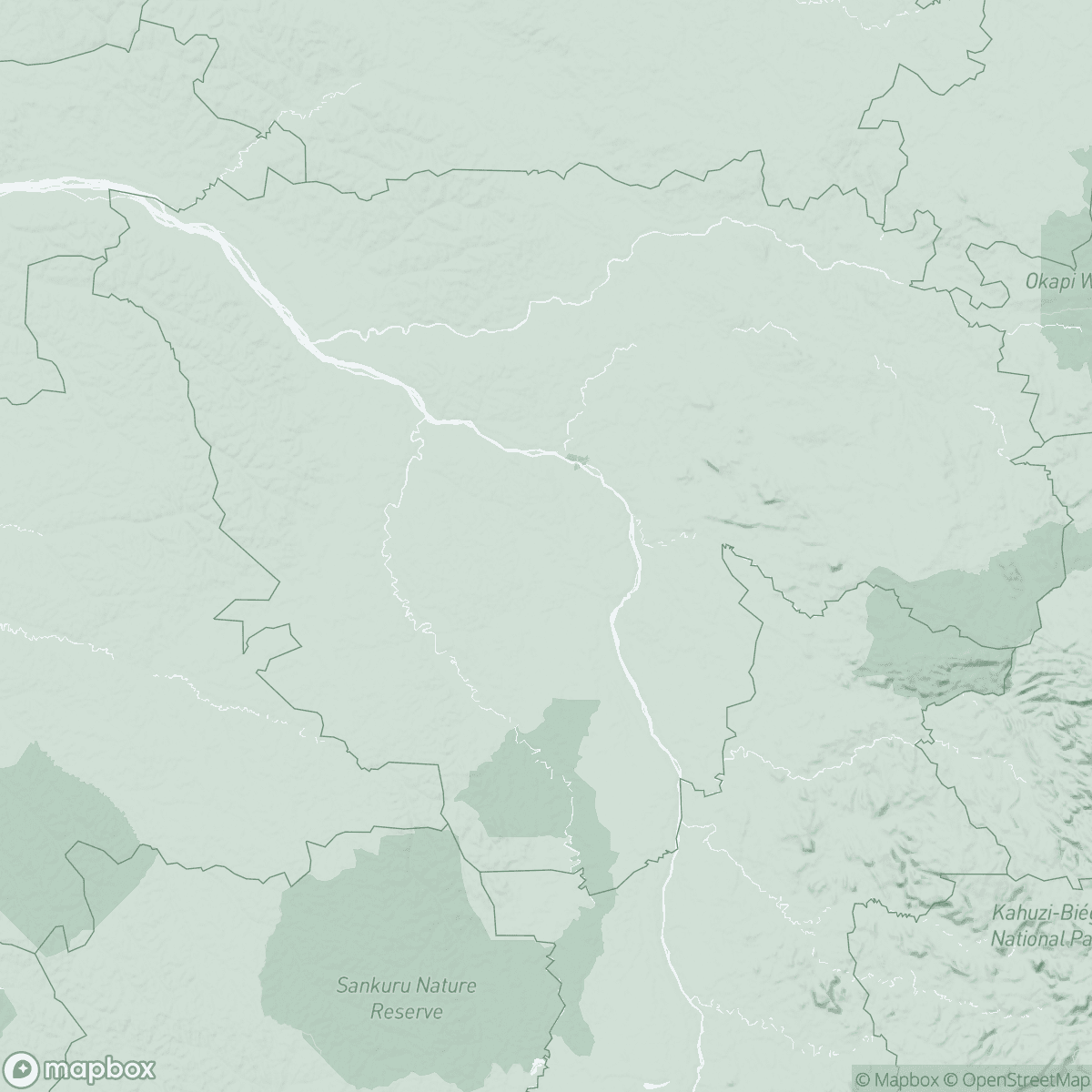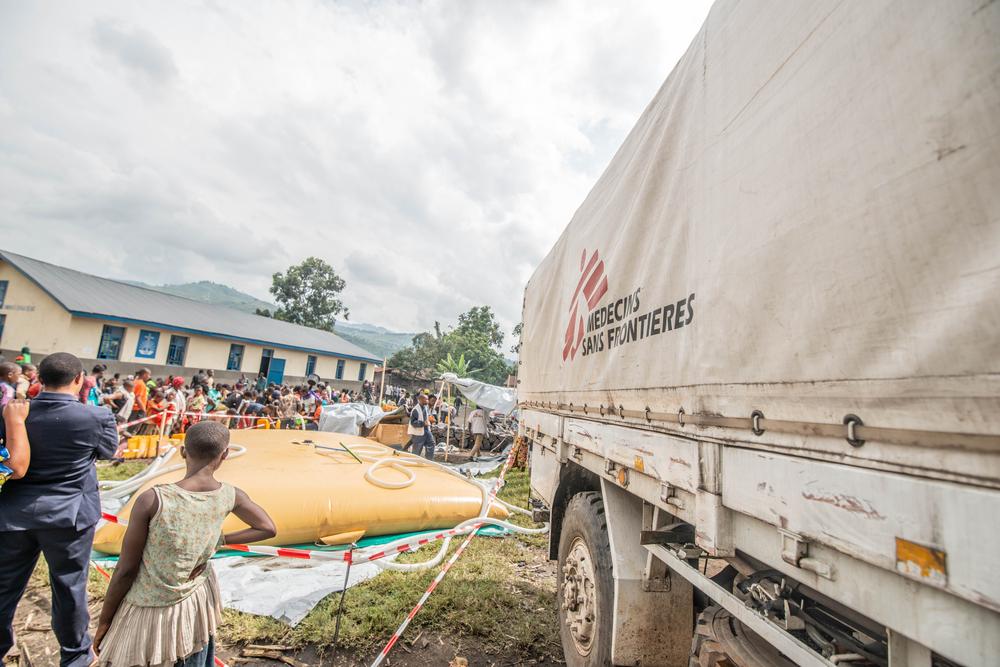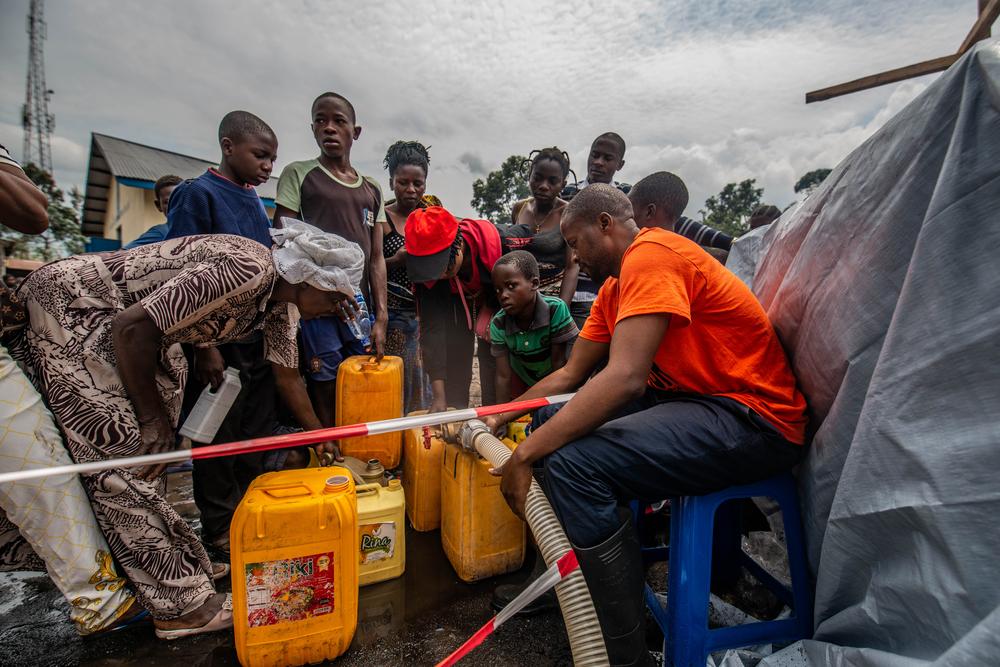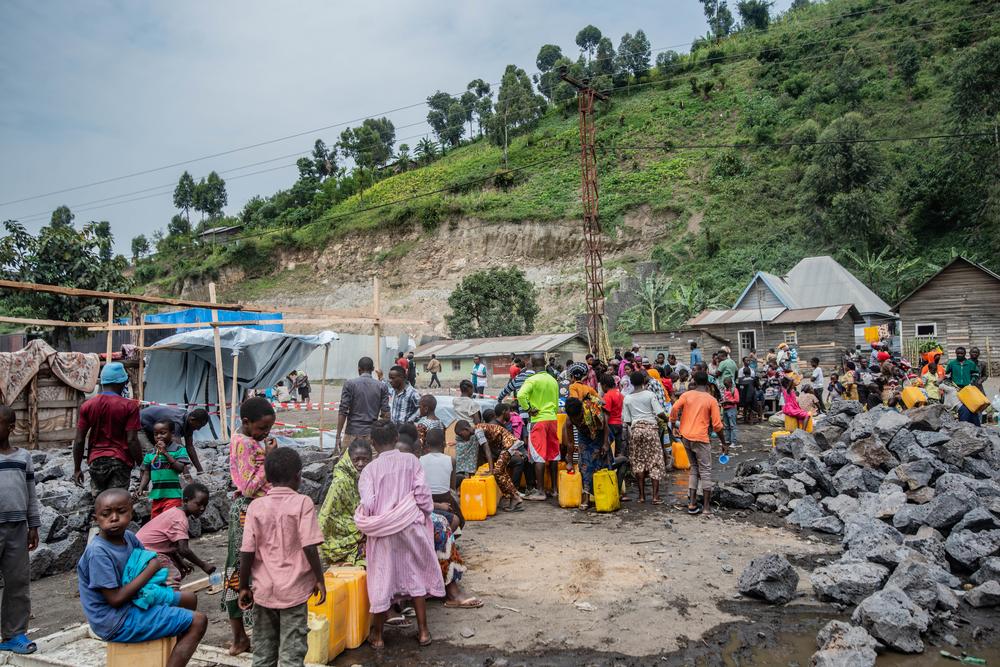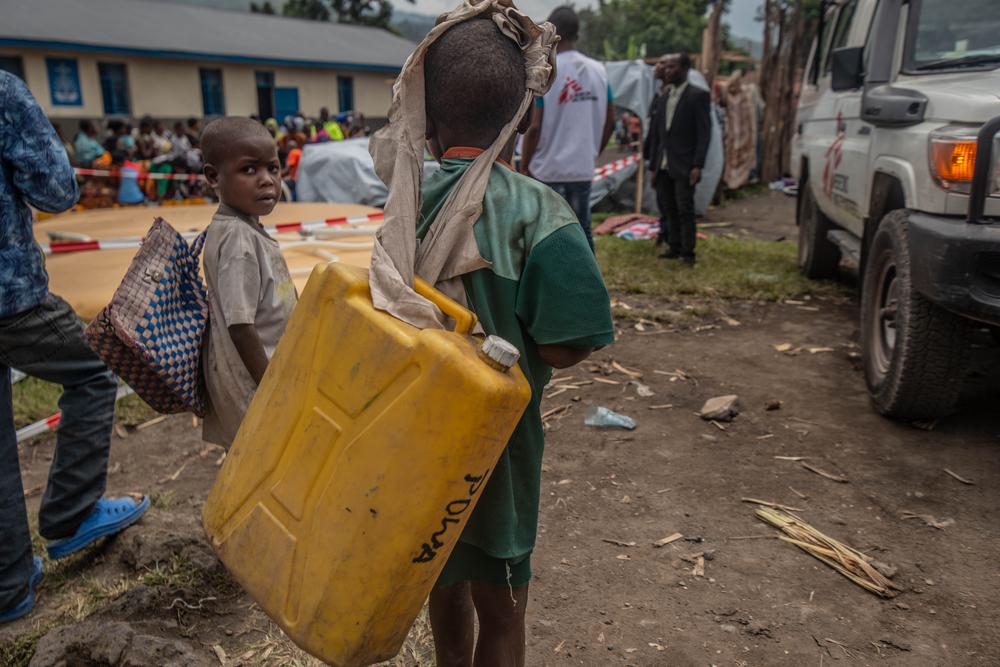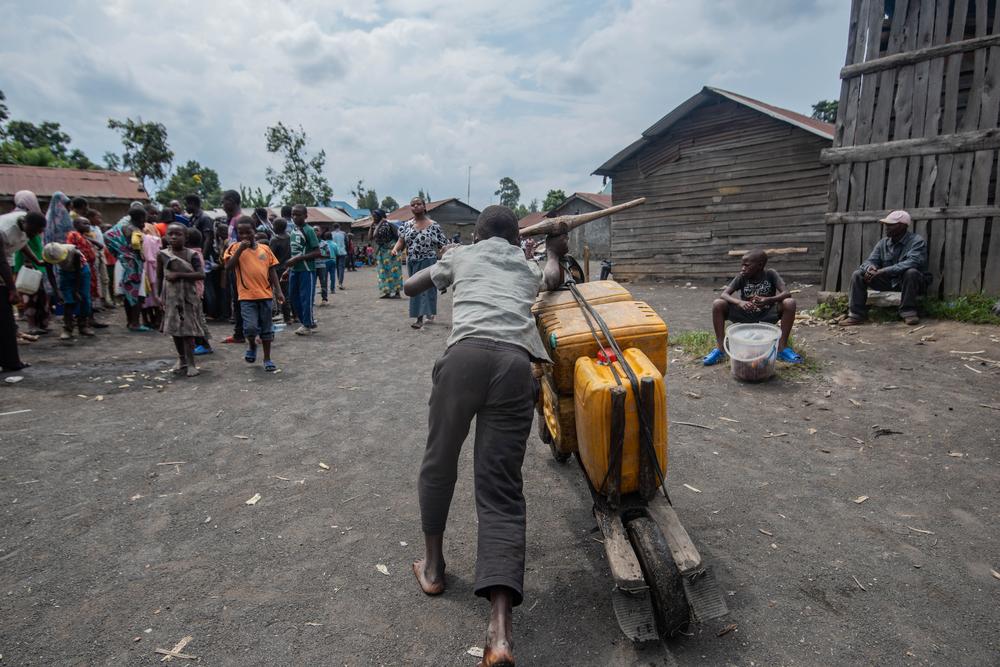
Further assistance urgently needed for people following DRC volcano eruption
In 1 click, help us spread this information :
Hundreds of thousands of people have been left displaced, and over half a million in the city of Goma have been left without access to clean drinking water, following the eruption of Mount Nyiragongo in North Kivu province, Democratic Republic of Congo (DRC). While teams from Médecins Sans Frontières (MSF) are responding, Magali Roudaut, head of mission for MSF in the DRC, talks about the basic needs of the population..
Following order by the authorities to partially evacuate the city of Goma due to the risk of further eruptions and earthquakes, MSF is doing its best to ensure its staff is in safety while ensuring continuation of operations. MSF’s planning interventions to address the needs of host and displaced populations, including for health care and clean water amid the risk of increased cholera cases in endemic areas such as Sake, 25 km further west, where the support to health clinic and Cholera Treatment Centre will be reinforced. Our priority remains the protection of our teams and the response to the immediate needs of tens of thousands of people on the move.
“We have seen a steady flow of people leaving Goma, either by car or on foot towards Sake, 25 km west of Goma, Rutshuru and Minova, in South Kivu or by boat to Bukavu, carrying mattresses and other belongings. At Goma’s port, there are crowds of people desperately waiting to take a boat that crosses the lake between Goma and Bukavu, in the South Kivu. We are very concerned for our patients, our colleagues and their families and all those left stranded who are or will be in need of medical and humanitarian assistance in the coming hours and days.”
“We have also seen several houses, public buildings, including schools and health facilities, cracked by multiple strong earthquakes, but also fields and districts destroyed by lava and ash flows. We are very concerned by the safety of patients hospitalized in overcrowded health structures, which become fissured. Toxic gases can also have serious medical consequences on the inhabitants of Goma. Water and electricity supply systems have also been affected and roads cut off, leading to risks of disease such as cholera and severely reducing access to health care. Our thoughts go out to the people who are suffering the consequences of this disaster, including our colleagues who are living in an extremely difficult situation.”

